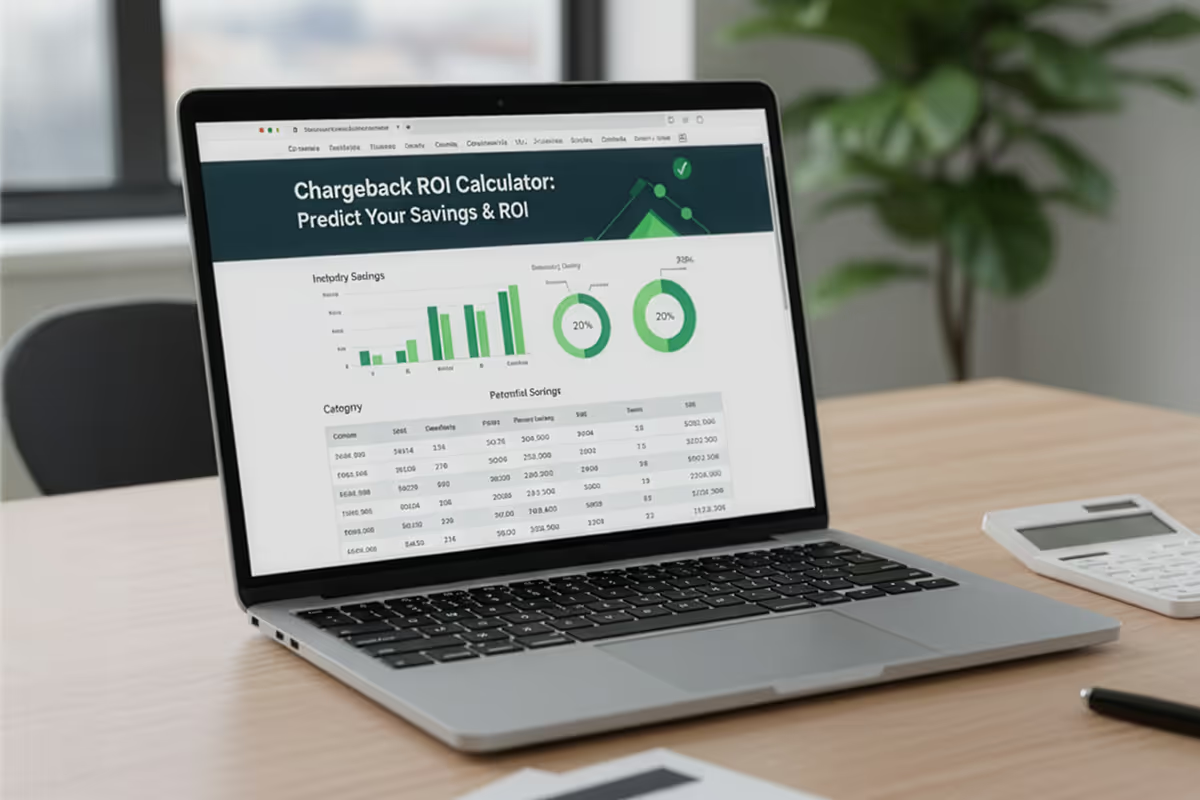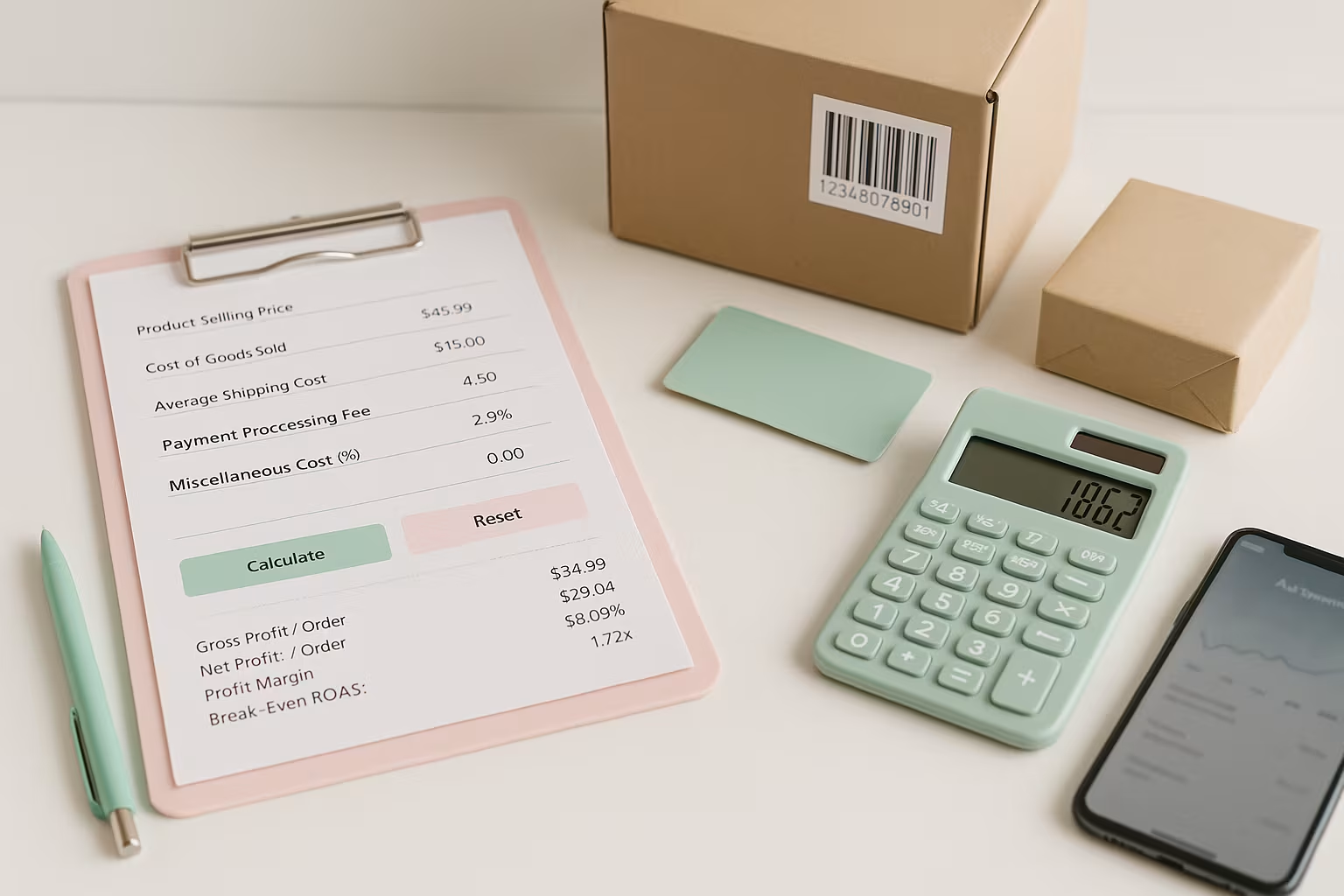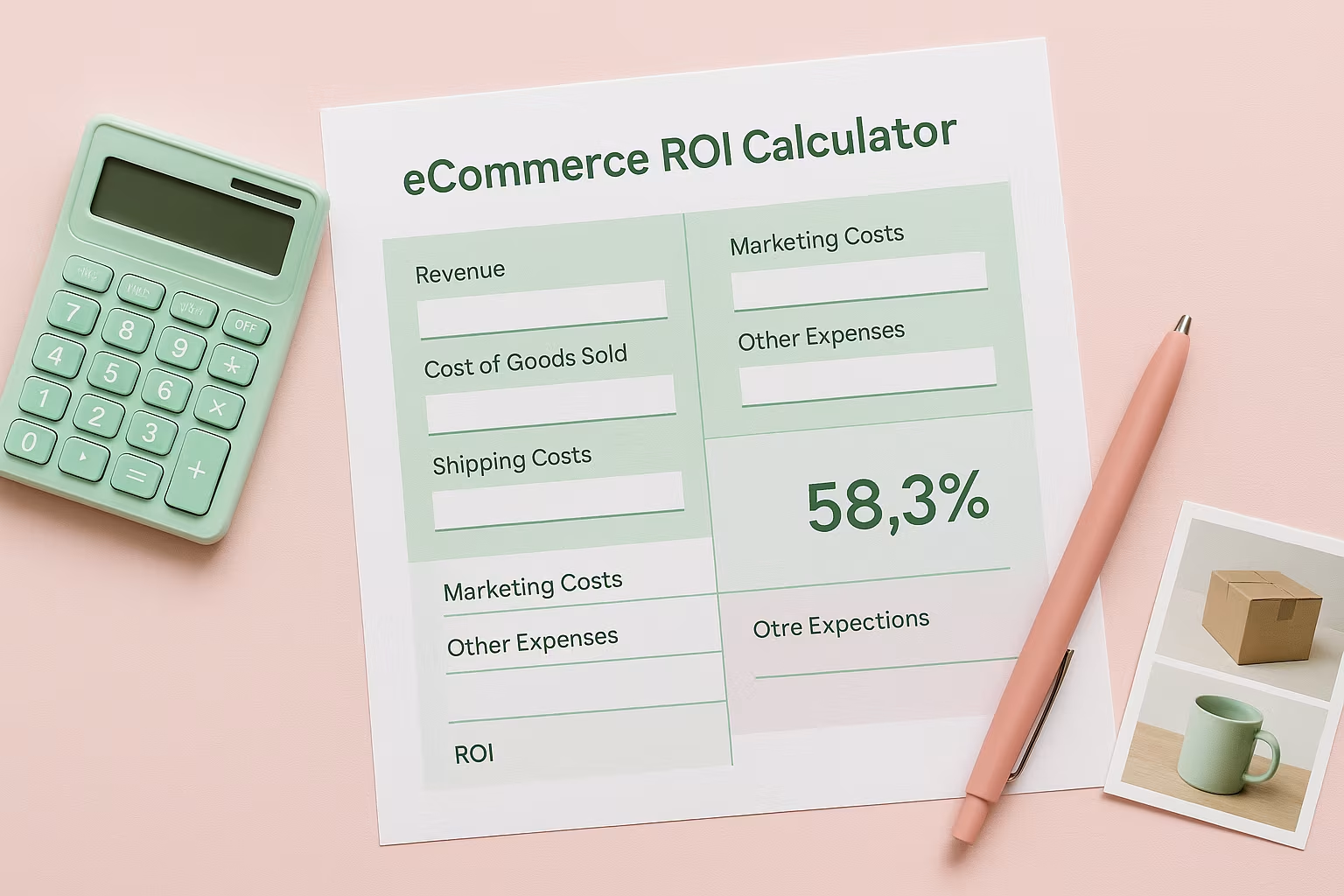Contract Manufacturing vs. Private Label: Which Is Right for Your Business

So you have decided to enlist the help of a third party to help you expand your business, but you're not quite sure what the best option is for you and your company.
There are subtle differences between the two, so it's important that you know the pros and cons of each before making your final decision.
In this article, we'll walk you through the key differences between contract manufacturing and private-label manufacturers and help you decide which one is best suited to your business's needs.
Let's jump in!
What is contract manufacturing?
Contract manufacturing is a business model where a company chooses to outsource the production or part-production of its products to a third-party manufacturer.
It’s a way for companies to outsource manufacturing without investing in heavy machinery or additional resources. A contract manufacturer is involved in various stages of fulfillment, including design stages, manufacturing, and shipping.

The company that hires the contract manufacturer can provide the exact specifications, including their expectations and guidelines for their product. They also include the total amount of product they need, the manufacturing deadline, and product quality standards that are to be followed.
Benefits of contract manufacturing
- Reduced costs. You won't need to invest money in machinery, labor costs, or other facilities. This can save you a lot of time and money, giving you a higher ROI.
- Quality assurance. Many contract manufacturers have strict quality control processes to adhere to, ensuring you will have consistent, high-quality products.
- Scalability. You have the flexibility to scale production without worrying about fixed costs like factory space or equipment. You'll also have a quicker road to market since contract manufacturers have expertise in the industry.
- Expert advice. Companies may hire contract manufacturers specializing in manufacturing certain products or have access to more advanced technology than the client.
- Product range. Companies can offer a wider range of products and provide more options to consumers as a result.
- Reduced liability. Companies that use contract manufacturing have reduced liability should there be any issues with the final product.
Disadvantages of contract manufacturing
- Supply chain disruptions. You may leave yourself vulnerable to external disruptions, such as delays or raw material shortages.
- Quality control. Potential risks as the production process is not directly under your supervision. You must trust your manufacturing partner to create products adhering to their quality standards.
- Intellectual property. When allowing a third party access to your patented product design, there are risks. Connecting with a trustworthy, reliable contract manufacturer can prevent this.

What is private-label manufacturing?
Private-label manufacturing is a business model where a company selects an already existing product from a third-party supplier's catalog, and then produces and sells it featuring their own branding. This strategy gives the private-label manufacturer more supervision over the product, including specifications and materials used.
Private-label manufacturing is a great way to streamline the entire production and manufacturing process.

Benefits of private-label manufacturing
- Cost-effective. Since the products are already made for the market, startup costs are much lower. Plus, having input in the initial customization process will help make a unique product, giving you a competitive advantage and more profitability in the long run.
- Branding. Retailers have more control over product specifications, pricing, and branding, meaning you can better cater to your target audience.
- Save time. Companies can focus more on improving their branding, marketing, and customer support, and leave the production part to the experts.
- Lower barriers to entry. Smaller businesses or startups can enter the market without the financial burden of setting up their own company.
- Reduced risk. Since manufacturing is outsourced, you can avoid risks associated with running your own production facilities, such as equipment breaking down.
- Easily expand your product line. Allows for straightforward product diversification by adding new products quickly since they're often based on existing formulas or designs.
Disadvantages of private-label manufacturing
- More involvement required. Retailers need to be involved in the production process, which some may not have the time for, or prefer to spend elsewhere, such as marketing.
- Minimum order quantities. High initial investment and the risks associated with large inventories may be difficult to manage for smaller businesses.
- High competition. Multiple channels in the market could be selling the same product.
Examples of private-label businesses
Kirkland Signature coffee from Costco is one of many well-known brands who use private-labeling. Their private-label coffee is produced by Starbucks.

The private-label supplement industry is booming, and many health and wellness companies use private labeling to quickly get their products to market without having to worry about FDA regulations. For example, Walmart’s Spring Valley supplements have been linked to Perrigo through public recalls and legal documentation, where Perrigo has been identified as the manufacturer.

Contract manufacturing vs. private-label manufacturing: The key differences
Choosing between these two approaches means balancing your creative saying with practical considerations. While contract manufacturing offers flexibility in design, it also comes with added complexity.
Customization and involvement
The first main difference between contract manufacturing and private labeling is that contract manufacturing will allow more involvement in the design, branding, and packaging stages.
Meanwhile, private-label manufacturing involves choosing a product that has already been developed, meaning you have less say over the product specifications.
With private labeling there is limited control over the product design, however, there are more customization options in terms of branding and packaging. Contract manufacturing provides more control over the final product.
Costs
Another key difference between the two models is the cost. Private-label manufacturing tends to come in at a lower upfront price due to the limitations on customizations.

Contract manufacturing can need a bigger upfront investment since there are more costs associated with design and development. Higher costs allow for more influence over design and materials, so it depends on what your needs are.
Time to market
Contract manufacturing can take longer due to the need for product development, testing, and customization. The time it takes to finalize the product can vary greatly, and if the client and manufacturer don't come to an agreement, it can take some time to get the product to market.
With private labeling, the time to get your products to market is much faster since the product is already made and all that's needed is for you to apply your branding and packaging.
Start-ups vs established brands
You can choose to use a contract manufacturer or a private-label manufacturer regardless of how big or well-established your business is.
With that being said, contract manufacturing is typically preferred by large companies. By outsourcing the manufacturing process, the business is able to focus on driving revenue and sales in other areas.
Private-label manufacturing is often better suited to smaller companies with low start-up costs and the potential to expand a product offering.
Evaluating your company’s needs
Now that you know the key differences between contract manufacturing and private labeling, it's time to decide which is better suited to your business. To do so, you need to assess the needs of your business.
Assess your strengths and resources
Does your team have experience in product development, design, and engineering? If you possess advanced skills in these areas, contract manufacturing may give you the creative freedom to diversify your product offerings. On the other hand, if your expertise is limited, private labeling allows you to launch products quickly with fewer complexities.

Budget
What is your budget for product development, production, tooling costs, and scaling? If you want to expand your product line through custom development, ensure your budget can support it.
Supply chain management
Can you handle sourcing, logistics, inventory, and relationships with suppliers? Having a healthy and close relationship with your manufacturer is crucial for your business.
Determining which manufacturing option is best for you
Private labeling is ideal for those aiming to build a brand without getting into the complications of product creation.
Contract manufacturing services are a good choice for businesses that already have a specific product design in mind but would prefer to use another company’s skills to bring their vision to life.
To choose the right manufacturing partner, consider their scalability and available capacity to ensure they can meet your business needs. Research their reputation to make sure they have a good track record.
Conclusion
There are many benefits associated with both private label and contract manufacturing. The main concern when choosing between manufacturing services is to consider what your business's capabilities and resources are.
It's important to be realistic when weighing up your options by understanding what your budget is and where you want to take your business in the future.
Both methods can be equally effective, but ultimately, you must weigh up the pros and cons and pick the one that is best suited to your business needs.
FAQ
Contract manufacturing involves a business designing a product and outsourcing production to a manufacturer that follows the company's specific requirements. In contrast, private labeling offers ready-made products from a manufacturer that businesses can brand and sell as their own.
A manufacturer produces goods, which can be for their own brand or other businesses. Private labeling, however, refers to taking generic products made by a manufacturer and rebranding them to sell under a different business’s name.
Contract manufacturing typically falls into three categories: component manufacturing, which involves producing individual parts; sub-assembly manufacturing, which focuses on creating semi-finished components; and complete product manufacturing, where the manufacturer produces a fully finished product ready for the market.
A contract manufacturer specializes in producing goods specifically to a client’s design and specifications. A general manufacturer, however, may create products for their own brand, third parties, or both, depending on their business model.
Manufacturers are generally categorized into three types: make-to-stock (MTS), where products are produced for inventory; make-to-order (MTO), where production begins after an order is received; and engineer-to-order (ETO), where custom-designed products are made based on unique customer specifications.
An example of contract manufacturing is a sportswear company designing a new athletic shoe and contracting a specialized factory to produce it according to their exact specifications, ensuring quality and consistency.
Related blogs

Price Elasticity Of Demand Calculator: Predict Revenue Impact in Seconds

Chargeback ROI Calculator: Predict Your Savings and ROI in Under 10 Seconds

Break-Even ROAS Calculator: Find Out What You Can Afford to Spend on Ads


